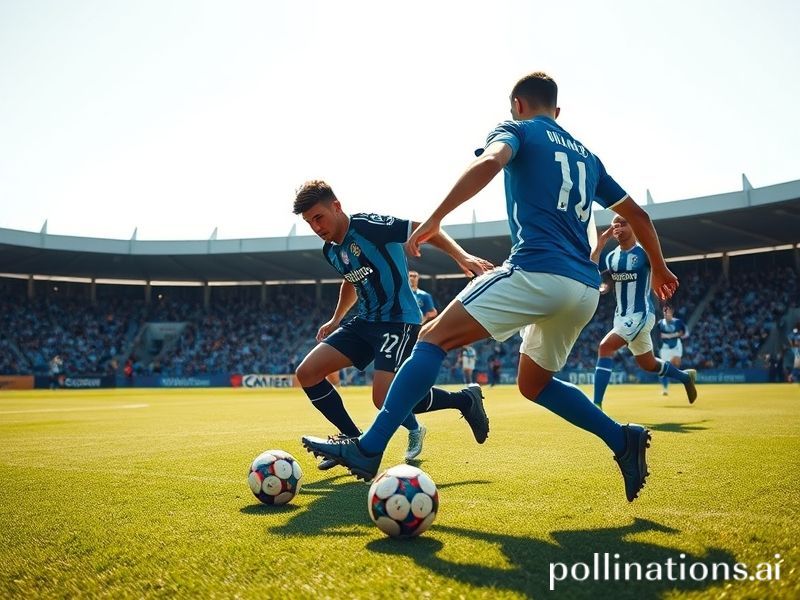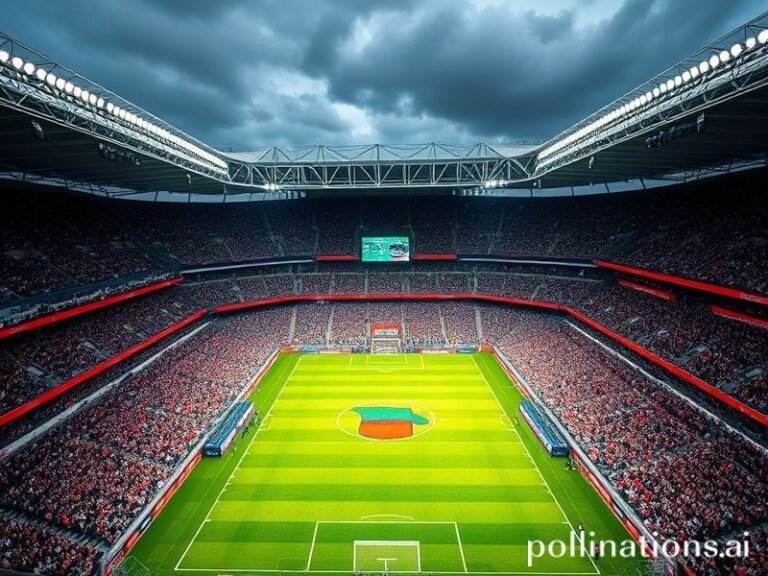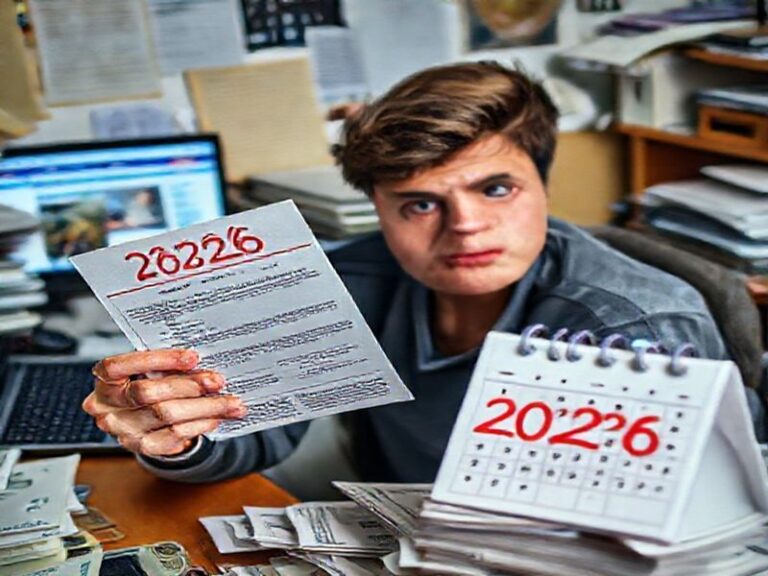Getafe vs Alavés: The Tiny Spanish Match That Quietly Runs the World While You Weren’t Looking
Getafe vs Alavés: Two Suburbs of Madrid and Vitoria Walk Into a Global Bar and Nobody Notices—Except the Algorithms
By the time the referee’s whistle echoes around the Coliseum Alfonso Pérez this weekend, three continents will have already yawned, scrolled past, and queued up cat videos instead. Yet in the grand, increasingly pixelated circus of world football, Getafe versus Alavés remains one of those gloriously mundane fixtures that keeps the whole absurd contraption from flying apart. Think of it as the rivet no one photographs on the Golden Gate Bridge—small, rusty, indispensable.
To the naked, non-Spanish eye, the match looks like a typo that autocorrect refuses to fix. Getafe sounds like a budget airline; Alavés could be a discontinued cologne. But peel back the indifference and you find a geopolitical micro-drama unfolding in 4K. Getafe is essentially a dormitory town stapled to Madrid’s underbelly, its skyline a shrug of concrete blocks and half-remembered ambitions. Alavés hails from Vitoria-Gasteiz, the Basque capital that still prints street signs in a language older than most nation-states. Between them lies 350 kilometers of Spanish asphalt—and about six centuries of identity politics.
Globally, the fixture matters because it doesn’t matter, which is precisely why it does. Broadcasters from Jakarta to Johannesburg will beam the game to insomniacs and degenerate gamblers alike, feeding the great data kraken that now decides which Kazakh teenager becomes a Getafe ultra overnight. Each misplaced pass is logged, monetized, and weaponized by betting syndicates whose servers hum in former Soviet bunkers. Meanwhile, a hedge fund in Connecticut will tweak its algorithm because Getafe’s left-back has a 2.7% higher probability of cramping after the 70th minute when the humidity in Madrid exceeds 42%. Somewhere, an NFT of the substitution board is minted and immediately forgotten.
On the pitch, the stakes are both microscopic and existential. Getafe, currently flirting with relegation like a drunk texting an ex at 3 a.m., know that dropping into the second tier would shave €30 million off their valuation—roughly the price of a single Manhattan parking spot. Alavés, already mathematically safe and spiritually on holiday, are playing for pride and performance bonuses that could fund a squad lunch at In-N-Out if they relocate the franchise to Mars. Their manager, Luis García, admitted midweek that he’s “experimenting with formations the way teenagers experiment with hair dye—someone’s going to regret this in the morning.”
Off the pitch, the match is a stress test for La Liga’s soft power. With Saudi sovereign wealth now circling Spanish clubs like benevolent vultures, every televised corner kick is an audition for petro-dollars. The Saudis have already bought Newcastle; Getafe’s owner, Ángel Torres, recently returned from Riyadh with glossy brochures and the faint smell of roasted lamb clinging to his suit. Should the Kingdom decide Getafe is the next shiny toy, expect a rebrand to “Getafe Global Falcons” and half-time falconry displays instead of the usual raffle for a ham.
For the fans, the affair is a ritual of controlled despair. Getafe’s ultras, the “Tribuna Sur,” will unveil a tifo depicting the club as Sisyphus pushing a giant boulder shaped like the league table. Alavés supporters will respond with a banner written in Euskera that roughly translates to “At least we’re not Barcelona.” Both sets of fans will sing songs their grandparents taught them, proving that tribalism outlives ideology every single time. By the 85th minute, the stadium will smell of cigarette smoke, cheap lager, and the universal perfume of fleeting hope.
When the final whistle blows—likely a 1-1 draw decided by a VAR review that takes longer than the Treaty of Westphalia—pundits will call it “a result that suits nobody,” which is, of course, the most democratic outcome in sport. The players will troop off to their climate-controlled SUVs, the fans will shuffle to suburban trains, and the algorithms will keep humming, digesting human chaos into neat decimal places.
And somewhere in the cloud, a server farm in rural Oregon will register one more data point: on a Saturday night in May, the world paused for 90 minutes to watch two modest Spanish towns pretend the universe still revolves around 22 men kicking air. The joke, as always, is on us—for watching, for betting, for caring. But the punchline is delivered with such exquisite indifference that you almost have to admire it.







